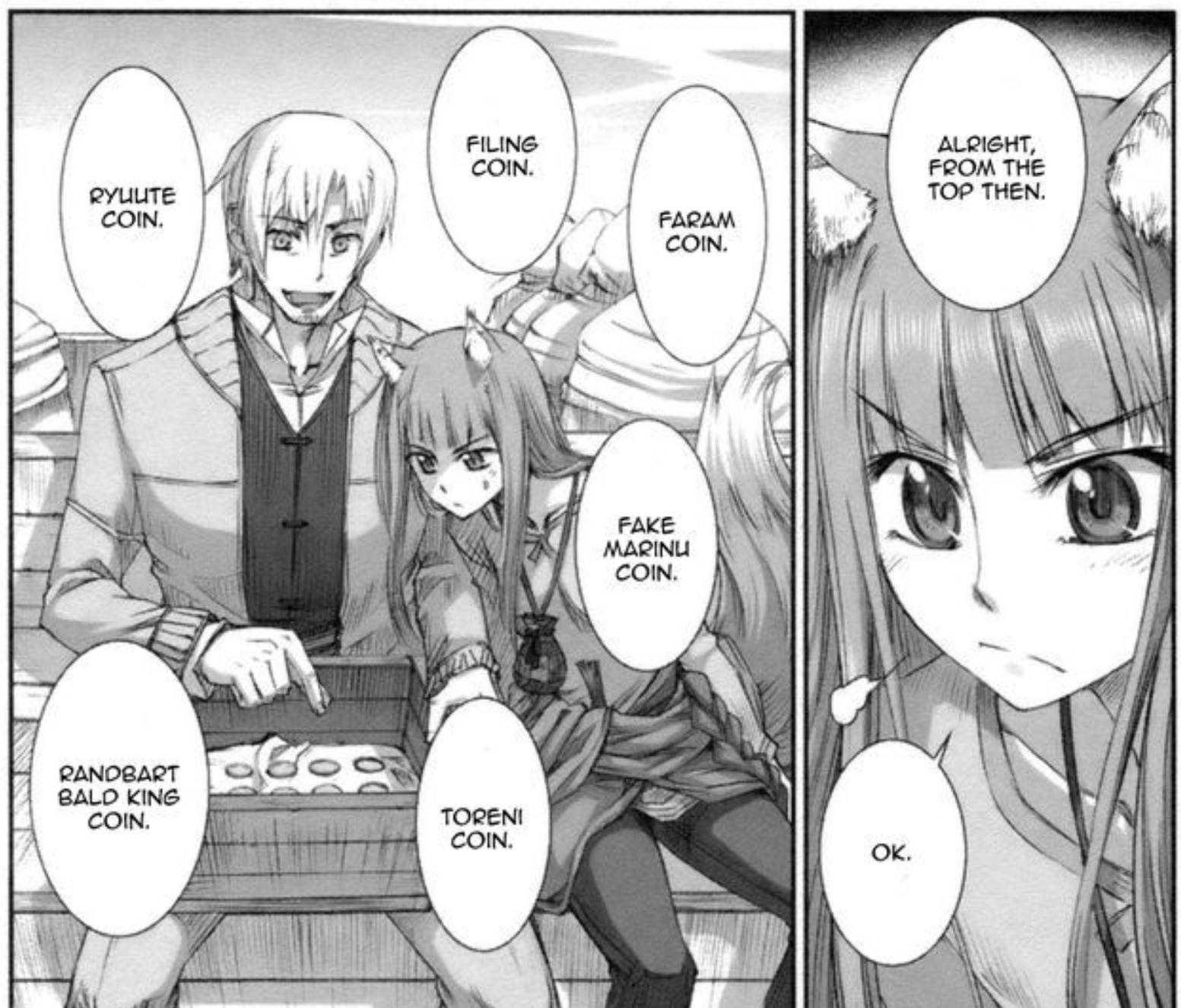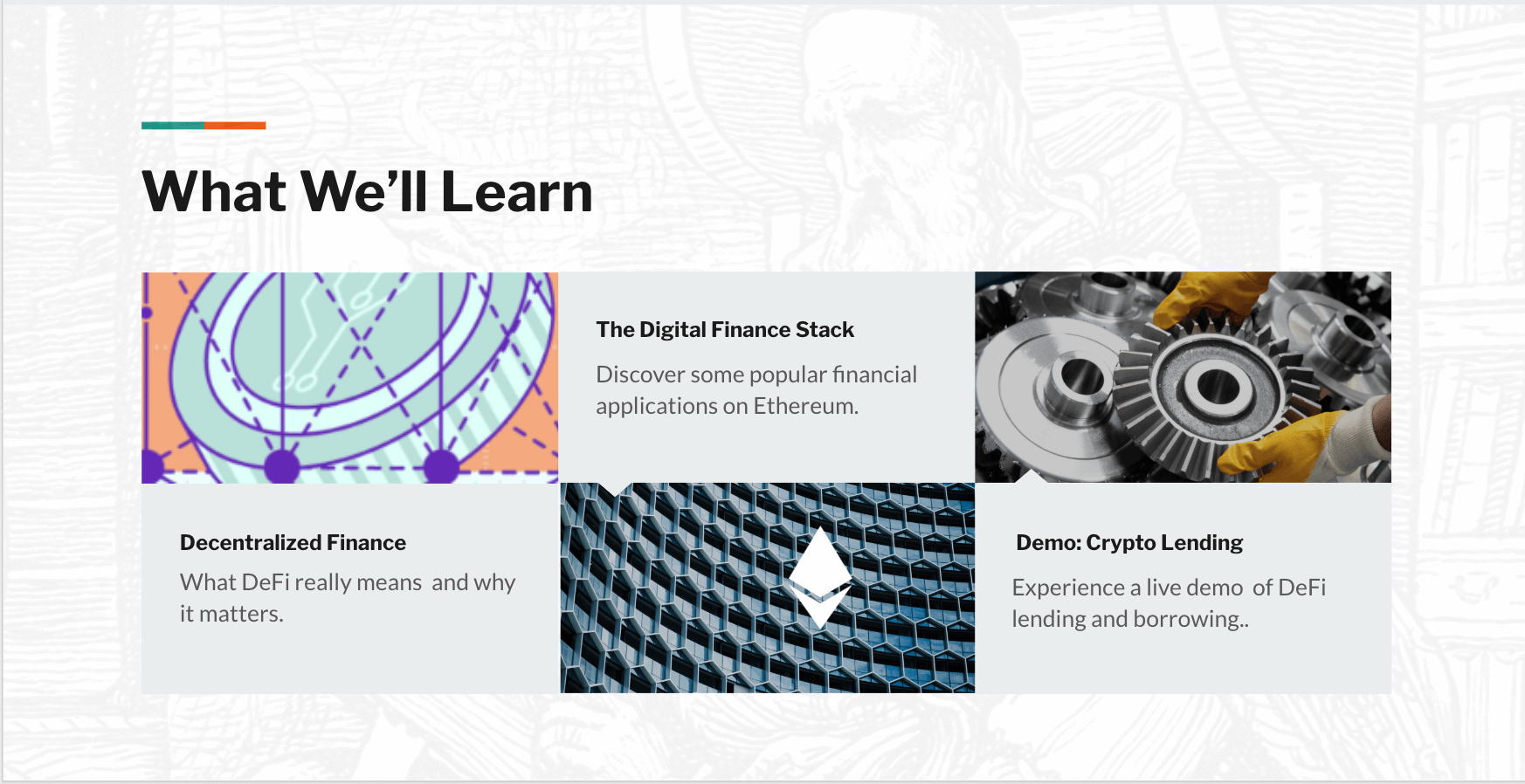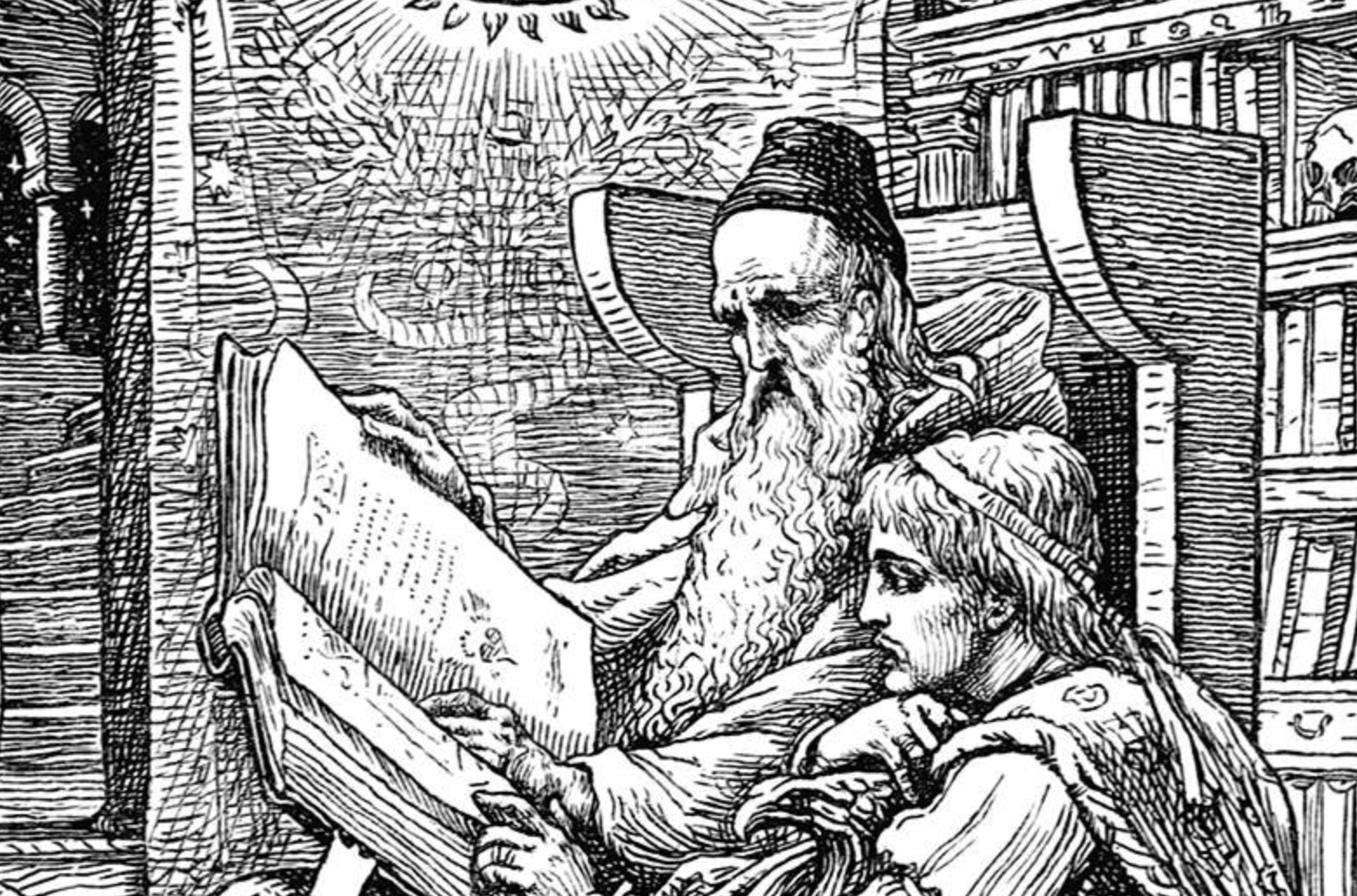
Software systems are becoming more and more interconnected. Service-oriented architecture transforms software into smaller, independently deployable units that communicate over the network. APIs are eating the world, rapidly becoming the primary interface for business. Smart contracts go a step further - creating public, immutable protocols that anyone can run without permission.
Software is being broken down into and being offered as modular services. It’s innovation legos on steroids: By composing multiple building blocks together we can bootstrap new ventures much more rapidly at lower cost.
However, this new world of distributed systems introduces its own challenges. What happens if a service on a critical path fails? Can the system recover from faults? Or will a single failure cascade to downstream services in a catastrophic explosion of fire and death?
In the world of smart contracts, faults can be an extraordinarily expensive affair. With DeFi continuing to grow - can we do better, somehow?
In an ultra-interconnected system, fault tolerance is key. The COVID-19 pandemic showed everyone the importance of resiliency in the real world. A fault-tolerant design enables a system to continue its intended operation, possibly at a reduced level, rather than failing completely, when some part of the system fails.
In this article, we’ll explore:
- The dangers of cascading failure in service oriented architectures,
- Fault tolerance and resiliency patterns,
- How circuit breakers can improve fault tolerance in smart contracts, and
- An implementation of a Circuit Breaker in Solidity.
Continue reading →

Unit testing is a critical part of smart contract development. The high stakes and rigid immutability of smart contracts demands even more emphasis on testing compared to traditional software. Unit tests ensures your contracts are performing correctly at the most fundamental level, acting as a vanguard in your defense against bugs.
In this article, we’ll learn:
- Why unit testing is important for smart contracts,
- How to write unit tests for smart contracts,
- How to use static types and Typescript to test smart contracts,
- Helpful tools and utilities you can use for complex assertions,
- Other smart contract testing best practices.
New (17 August): Typescript & Typechain support!
Continue reading →

‘Smart contracts’ is a misnomer. Despite its name, smart contracts on Ethereum are not self-executing digital agreements. Smart contract code only run when triggered by an external account. In other words, you need an external process to trigger the smart contract.
In this article, we’ll build a solution to this problem. You’ll learn:
- Why you need off-chain smart contract automation
- Use cases for smart contract automation
- How to deploy serverless functions with the Serverless framework
Finally, we’ll go through serverless-ethers, a fully-functional smart contract automation service that you can run and deploy out-of-the box! Feel free to use this project as a base for building custom smart contract automation that fit your needs.
The serverless-ethers sample application is open source and available on Github. Just clone and hit deploy! 🚀
Read on to learn why we need automation and how it works.
Continue reading →

Recently is a periodic retrospective.
At the end of a month I publish a review of things I read/wrote/built/thought over the past month. My goal is to create a ‘brain log’ where I can capture these ideas on paper for future me to review.
Continue reading →

This is an abridged explanation of how money emerged from an initial state of barter. Most of the material is from the book Choice: Cooperation, Enterprise, and Human Action by Robert Murphy.
Murphy’s book reviews the works of Ludwig von Mises’ Human Action and Carl Menger’s On the Origins of Money. I highly recommend checking them out if you find the following summary interesting.
Continue reading →

This is an abridged version of Jörg Guido Hülsmann’s The Ethics of Money Production, with an emphasis on the origins of money, private coinage, and competition of private currencies.
The original book is available as a free PDF and on paperback. Images used are from Spice and Wolf by Keito Koume and Isuna Hasekura.
Continue reading →

This is an abridged version of Friedrich Hayek’s The Use of Knowledge in Society.
Continue reading →

While you live, shine
have no grief at all
life exists only for a short while
and time demands its toll.
— The Seikilos Epitaph (Listen)

Decentralized Finance (or DeFi) is an emerging category of financial applications that are being developed on top of trustless networks. Today, most of this innovation is happening on the Ethereum blockchain. An entire digital finance stack came into existence within the past 18 months, under the radar of most people.
This guide will explain to you what DeFi is all about, without the jargon.

Our exploration of DeFi will consist of three parts:
-
An introduction to what DeFi means and why it matters.
-
A tour of different financial applications in the Ethereum ecosystem.
-
A deep dive into decentralized lending with the Compound protocol.
By the end of this guide, you’ll have a better understanding of DeFi and be able to learn more on your own. Read on!
Continue reading →

The history of software development spans decades. We benefit from the best practices, design patterns, and nuggets of wisdom that has accumulated over half a century.
In contrast, smart contract development is just getting started. Ethereum and Solidity launched in 2015, only a handful of years ago.
The crypto space is an ever-growing uncharted territory. There’s no definitive stack of tools to build decentralized apps. There are no developer handbooks like Design Patterns or Clean Code for smart contracts. Information about tools and best practices are scattered all over the place.
You’re reading the missing guide I wish existed. It summarizes the lessons I’ve learned from writing smart contracts, building decentralized applications, and open source projects in the Ethereum ecosystem.
Continue reading →










